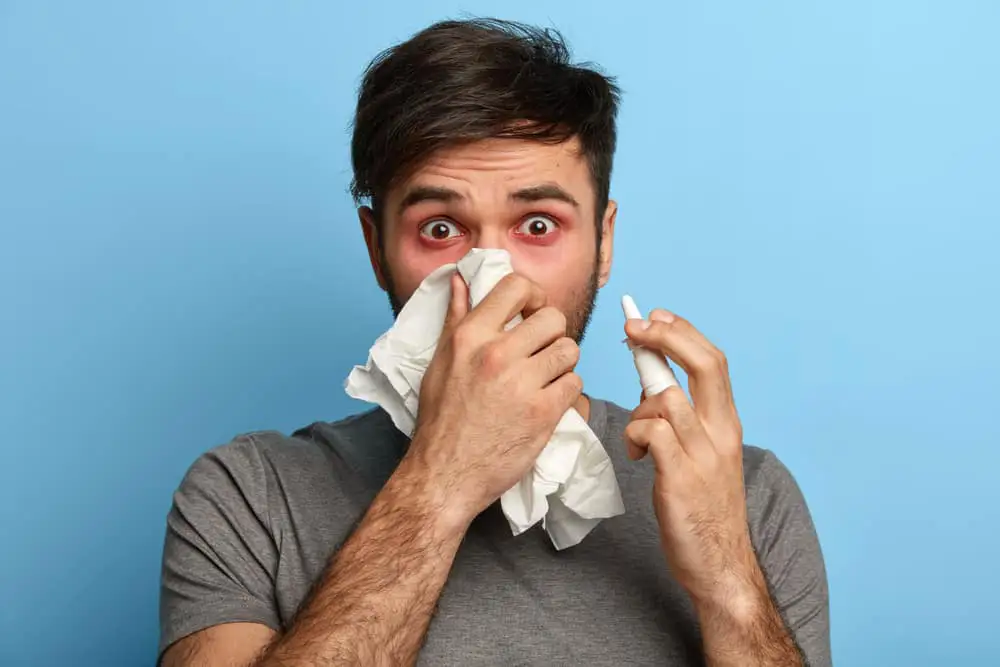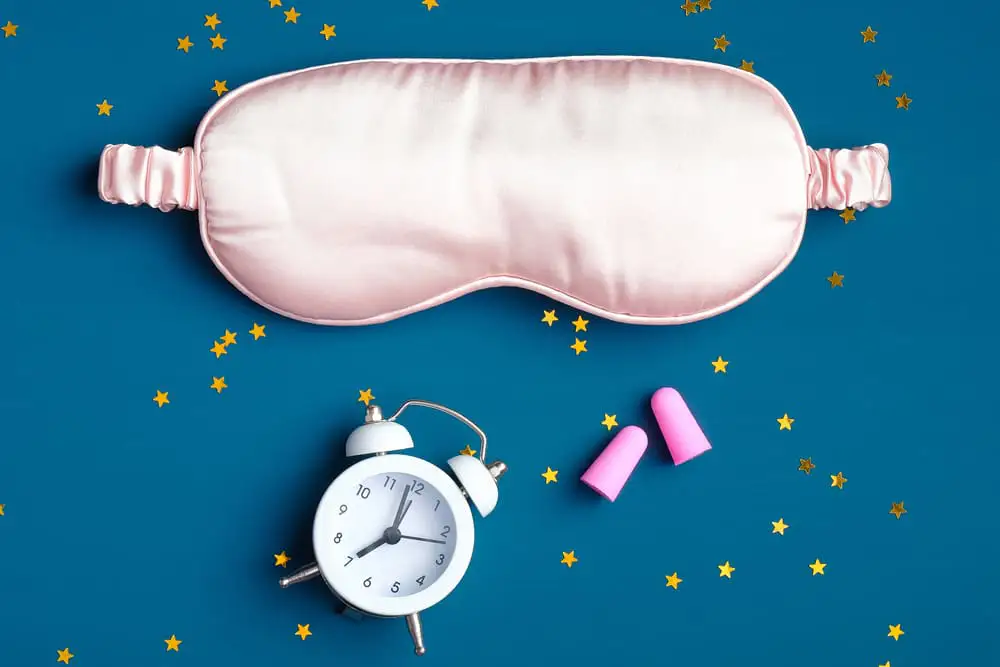If you’re finding everything to be a little more muffled than usual, and your friends are having to shout at you to penetrate the ball of wax sitting in your blocked ear canal, your doctor can complete a simple procedure that should fix the problem: ear syringing (also known as ear irrigation).
How Does Ear Syringing Work?
Ear syringing used to be performed by squirting ungodly amounts of water into the ear, to dislodge wax. Today, ear syringing is a much more refined process, using just the right amount of water to remove wax, without risking damage to the ear.
The modern process goes as follows:
- Your doctor will examine your ear canal to check for infection, and confirm that you have an excessive amount of wax that needs to be removed
- You will be given a prescription for an oil product that softens ear wax, which should be used for a couple of days to soften the wax sitting in your ear canal. You can also use olive oil, baby oil, mineral oil, or hydrogen peroxide to soften the wax1.
- When returning to the doctor, they will use a syringe-like tool to spray a water and saline solution into your ear, which dislodges the wax and flushes it out.
Ear irrigation only takes a couple of minutes to complete, and while it can feel a little strange, you shouldn’t feel any pain. If you do, you should let the doctor know, as this may be a symptom of infection.
Do I Need To Get My Ears Syringed?
While blocked ears are often caused by excessive wax, this isn’t always the case. You may have water trapped in your ear, a sinus infection, a middle ear infection, or a blockage caused by allergies. Blocked ears can also occur from quick altitude changes, as you may have noticed when flying. If you have a persistently blocked ear, the best thing to do is talk to your doctor, as they will be able to quickly diagnose the problem.
Ear Syringing Risks
Modern ear syringing is safe, but as with most medical procedures, there are risks. These include the risk of ear infection (the most common risk), a perforated eardrum, vertigo, and temporary deafness.
Common side effects of ear syringing include temporary dizziness, discomfort or pain, and tinnitus.
What Are Other Methods Of Ear Wax Removal?
If you’d rather not have your ears syringed, there are other less effective ways to complete ear wax removal. This includes the following:
- Using an ear wax softening oil (or olive oil, baby oil, or mineral oil), and laying on your side to let the wax drain out naturally.
- Using saltwater to soften the wax, and letting it drain out naturally.
- Using a hydrogen peroxide solution, and letting it drain out naturally.
Ear candles are still sold in Australia, but we don’t recommend them. They can obstruct your ear canal, and perforate your eardrum. You also shouldn’t attempt to remove ear wax using cotton buds, because you’ll just push the wax further into your ear drum, and potentially cause an infection. The best treatment for a blocked ear is to have them professionally examined by a doctor (a general practitioner, not an ear doctor), and syringed if necessary.
References
- Earwax blockage – Diagnosis and treatment, Mayoclinic
Common Types Of Eating Disorders & How To Get Help
Roughly a million Australians have an eating disorder—around 4% of the population.1 The condition is most common in adolescents and young women but can affect people from every gender and age group. In this article, we explore the definition of eating disorders, the most common types of eating disorders, and how you can seek treatment….
How To Fix A Blocked Nose | Causes, Symptoms & Treatments
Having a blocked nose can make you miserable. It feels hard to breathe, gives you a dry mouth at night, and can be accompanied by a pressure headache that rages on both sides of your head. Thankfully, a congested nose is usually caused by something minor such as a cold or allergies, and there’s plenty…
Sleep Hygiene: 18 Simple Ways To Get More Sleep
Sleep is incredibly important for your health. It repairs your heart and blood vessels, improves your focus and productivity, and reduces the risk for a number of fatal diseases6. Improving your sleep hygiene and getting better quality sleep is one of the best things you can do for your overall health. Good sleep hygiene is…




